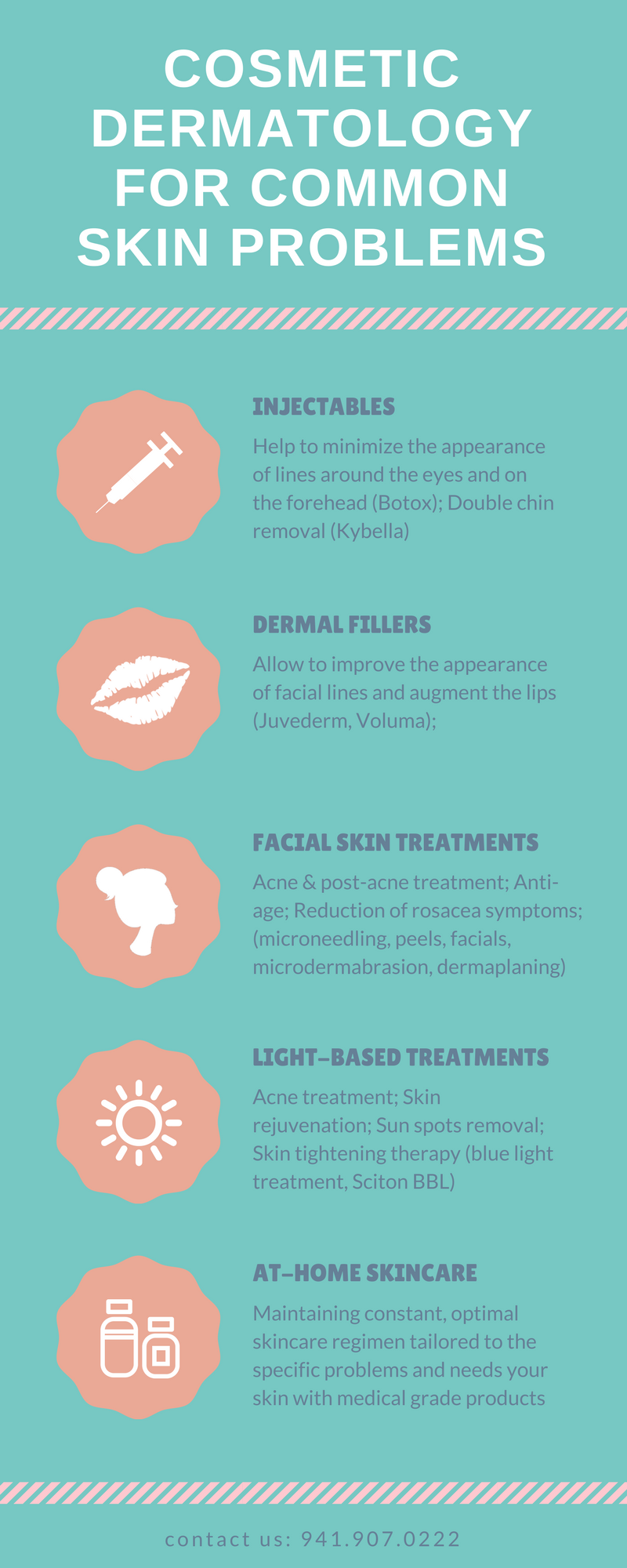Did you know that almost 85% of people experience acne eventually in their lives? When you're faced with this usual skin concern, making a decision between prescription and over-the-counter (OTC) therapies can be challenging. Each choice has its own collection of benefits and disadvantages, which can significantly affect your skin's health and wellness. So, exactly how do you figure out which therapy aligns best with your demands? Understanding the crucial distinctions and what they suggest for your special scenario may just hold the response.
Key Differences Between Therapies
When it comes to acne treatments, understanding the crucial distinctions can make a considerable influence on your skin's health and wellness.
You'll locate 2 primary categories: non-prescription (OTC) and prescription therapies. OTC choices, such as benzoyl peroxide and salicylic acid, are easily offered and tend to be less extensive. They typically work by unclogging pores and reducing inflammation, making them ideal for light to moderate acne.
On the other hand, prescription therapies usually consist of more powerful energetic components, like retinoids or anti-biotics, and are tailored for a lot more severe cases. These treatments often need a skin specialist's support, enabling them to target particular skin concerns successfully.
Read Webpage and solution of prescription choices can bring about quicker results however may also come with a greater risk of negative effects.
You should additionally consider your skin type and any sensitivities when picking a therapy. For example, if you have delicate skin, OTC therapies may be a gentler beginning factor.
Inevitably, recognizing these distinctions aids you make notified selections about your acne treatment journey and leads you toward more clear skin.
Benefits and drawbacks of Prescription Choices
Prescription options for acne therapy featured both benefits and negative aspects that you should evaluate meticulously.
One major pro is their potency. Prescription medications typically have higher concentrations of energetic components, which can bring about faster and much more reliable outcomes compared to over the counter (OTC) products. You may likewise find that prescriptions are tailored to your specific skin kind and acne intensity, supplying an extra tailored strategy.
On the other hand, these therapies can feature considerable disadvantages. For one, they might have negative effects ranging from mild inflammation to a lot more serious problems, which you need to keep track of carefully.
Additionally, prescription therapies can be more expensive, specifically if your insurance policy doesn't cover them. You might additionally encounter obstacles in obtaining a prescription, as it needs a check out to a healthcare provider, which can be lengthy and troublesome.
Benefits of OTC Therapies
OTC treatments commonly offer a practical and easily accessible remedy for handling acne. You can conveniently locate these products in drug stores, supermarket, or online, making them readily offered over the counter. This accessibility implies you can begin your acne treatment whenever you require to, without waiting for a doctor's appointment.
Another substantial advantage of OTC therapies is their price. Lots of over-the-counter alternatives are affordable, enabling you to explore different formulations without breaking the financial institution. You can try different products to see what jobs best for your skin type.
https://www.redbrick.me/cosmetic-surgery-carving-culture-in-mexicos-drug-cartel-capital-empowering-or-exploitative/ come in a selection of solutions, including gels, lotions, and washes. This variety allows you to select a product that fits your way of living and preferences. Lots of contain energetic ingredients like benzoyl peroxide or salicylic acid, which are effective in treating acne.
Finally, you have the liberty to adjust your program based upon your skin's action. If one item isn't working, you can conveniently switch to another without an extensive consultation process. This versatility empowers you to take control of your acne monitoring trip.
Conclusion
Ultimately, picking in between prescription and OTC acne treatments actually comes down to your unique skin needs and scenarios. While prescriptions might appear like the gold ticket for speedy results, OTC options offer a more available path, allowing you take control of your skin care trip. Embrace the flexibility of OTC products or consider the tailored approach of prescriptions-- in either case, you're taking a favorable step in the direction of clearer skin and increasing your confidence along the way.
